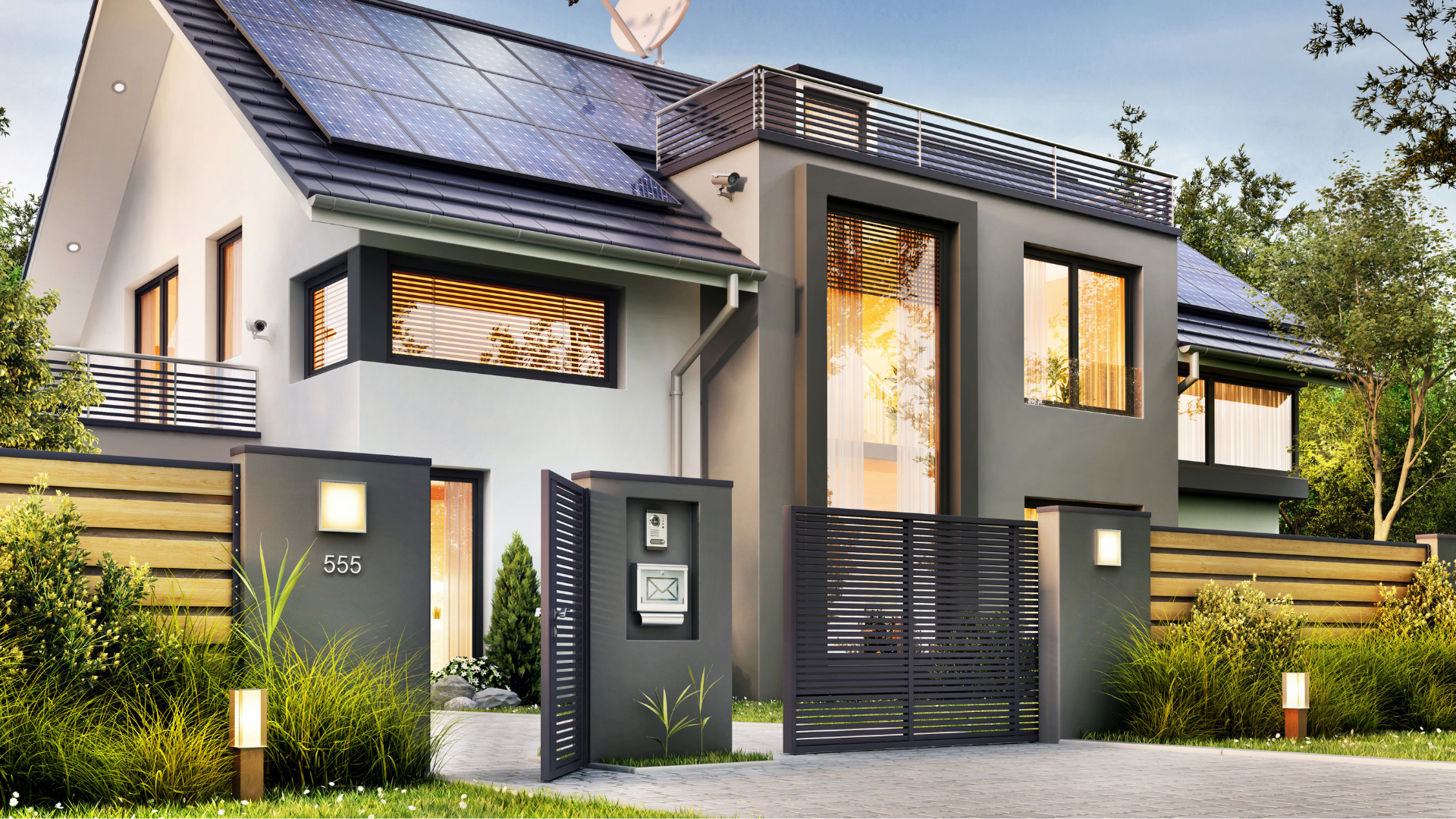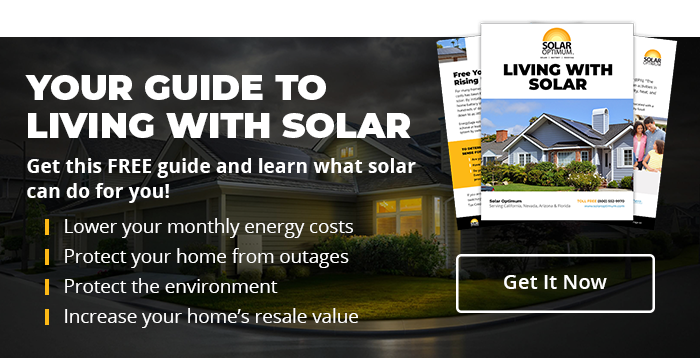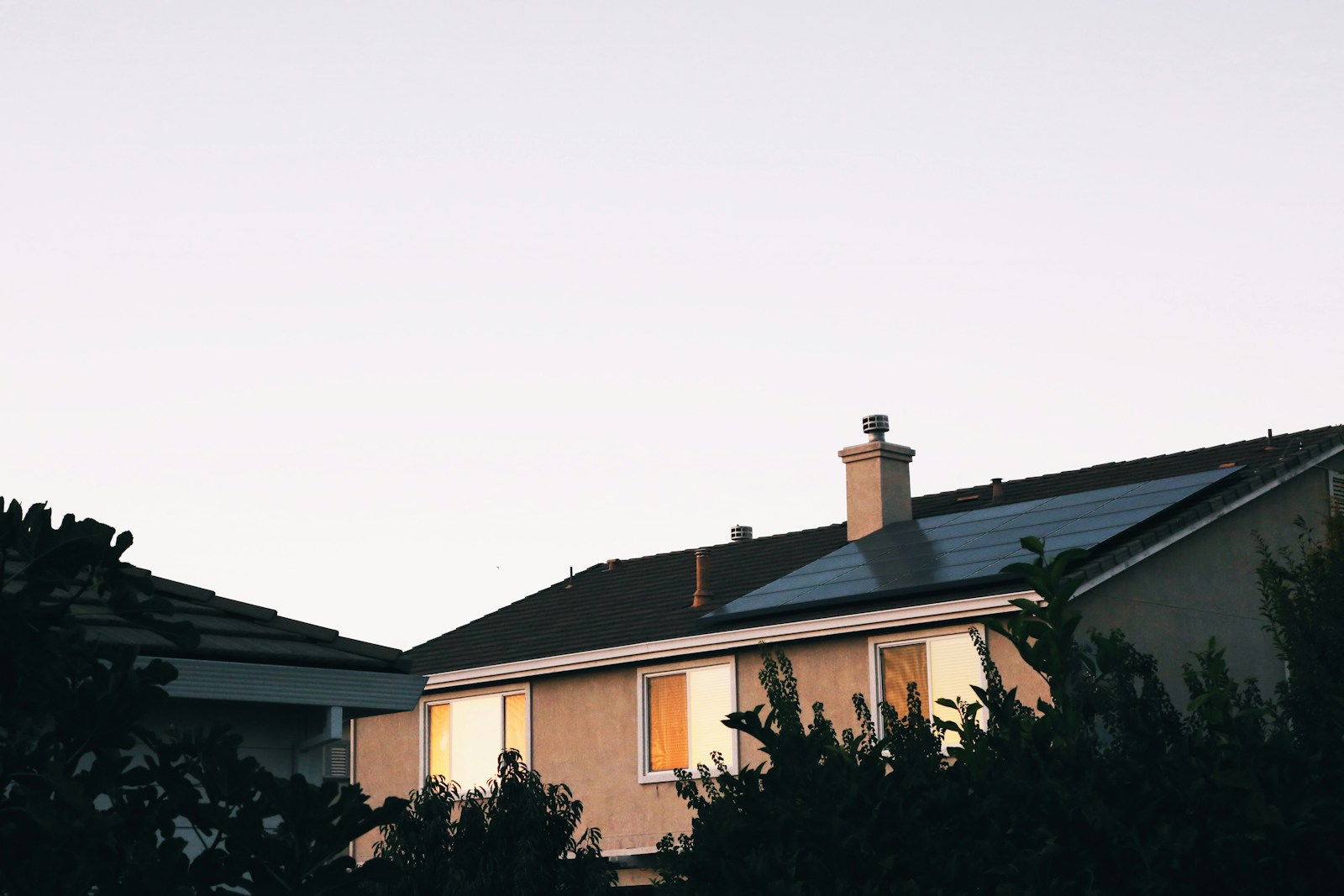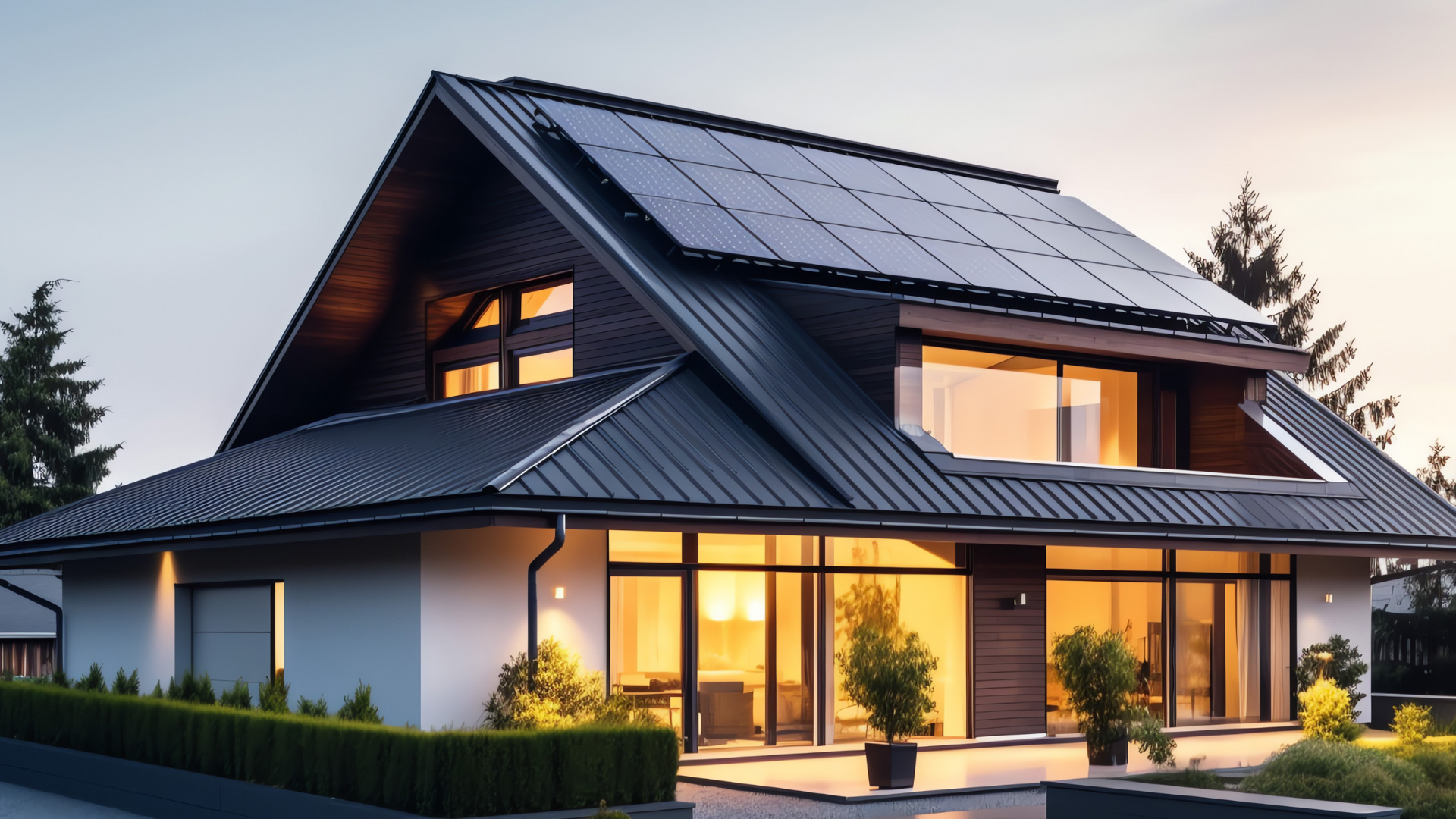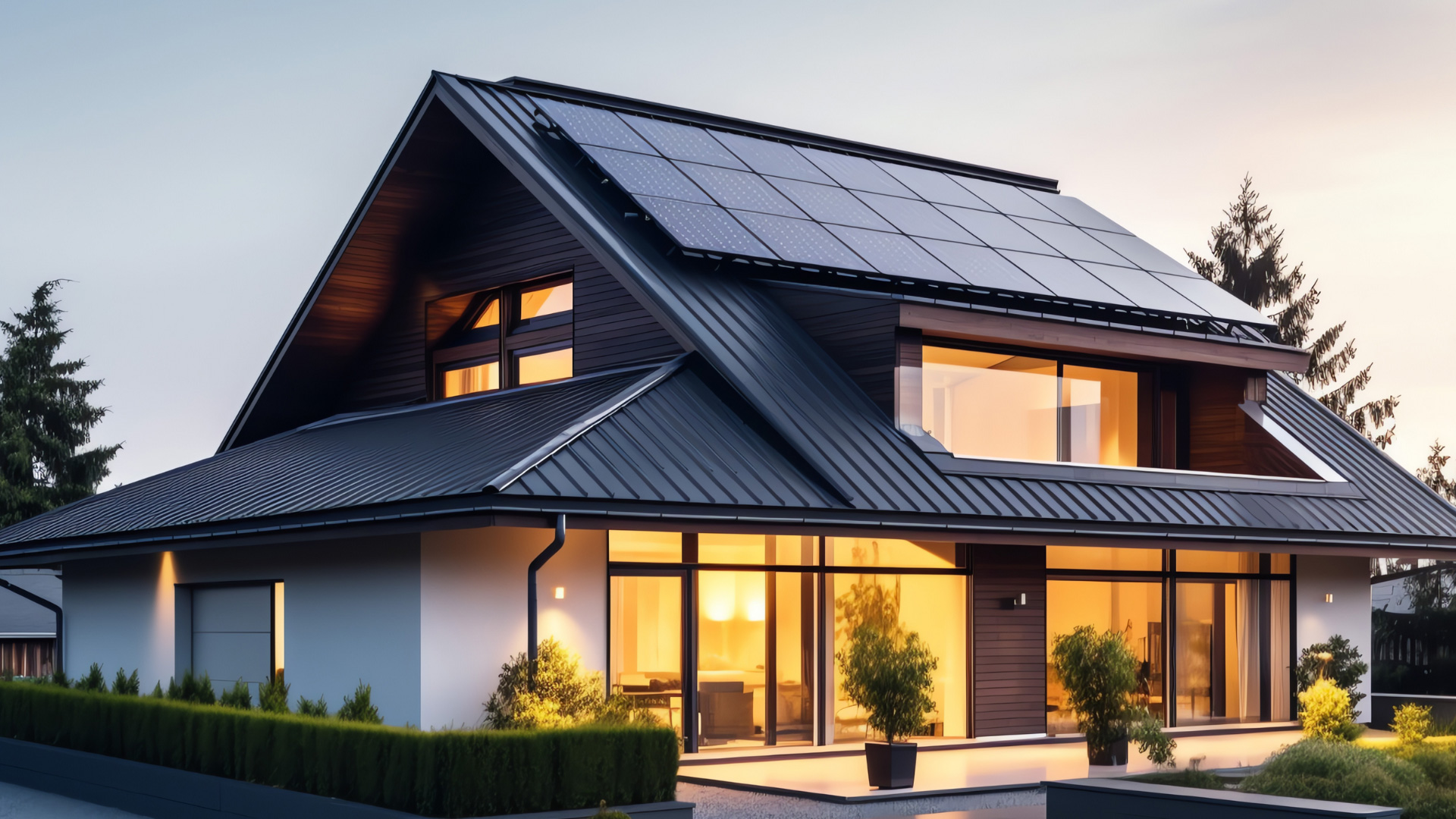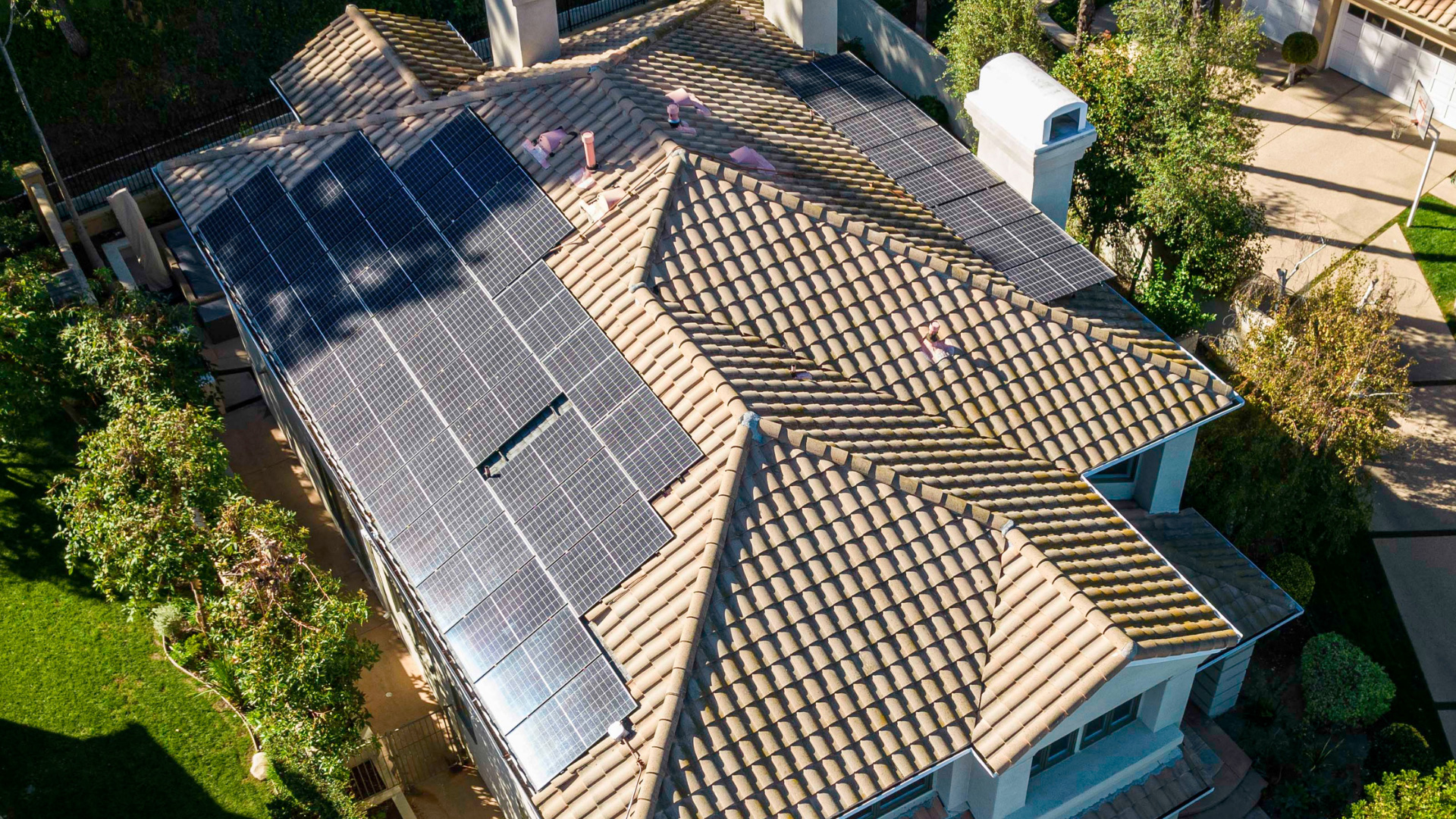Florida’s powerful sunshine makes it a great place for generating solar power. However, the seasonal hurricanes and tropical storms make rooftop installation a question of safety. Anything you install on a Florida roof must be able to withstand the elements. There are several key factors to consider when choosing storm-resistant solar panels in Florida, including materials, certifications, installation practices, and insurance coverage.
Materials and Construction
Start with an analysis of the three primary types of materials used in solar panels. Monocrystalline and polycrystalline can be made into heavy, durable panels, while thin film panels are not recommended for storm-prone areas.
Tempered glass and robust frames then hold the panels in place and protect them from high-speed winds, flying debris, and flooding. Laminated glass is far less likely to break, and micro-inverters are more easily contained in weather-proof boxes in the shelter of the panels.
Certifications and Standards
Hurricane-proof solar panels should meet certain certification ratings and building codes. UL 2703 is a PV (photovoltaic) mounting system certification that involves clamping and retention devices to keep your panels in place. The Florida Building Code also defines certain safety measures that must be taken to ensure your panels are safe in a storm.
Third-party testing and inspections can ensure that your solar panel system is secure without relying on the perspective of your installers. You may also benefit from well-written warranties and performance guarantees in terms of storm safety.
Installation Practices
When it comes to securing your solar panels against hurricane-strength storms, it is vital to prioritize proper installation by qualified professionals. Experienced Florida solar installers understand the importance of ballast systems and deeply secured racking structures to achieve storm resistance. Bolts are driven deeply into the roof and may also be secured with hurricane-rated straps and fasteners to keep them in place. You may also consider ground-mounted systems versus roof-mounted systems, as ground-mounted systems are less exposed to high-speed winds.
Insurance Coverage
Don’t forget to insure your solar panels against hurricane damage. Comprehensive coverage for solar panels can ensure that you can afford repairs should a storm take out one of you rpanels even with the best precautions. Ensure that you have sufficient coverage not just for general wear and tear, but specifically for storm damage. Securing the right policy coverage can help you avoid common insurance claim disputes to quickly finance repairs after a storm.
Hurricane-Resistant Solar for Florida Homes
Solar panels are a powerful addition to your home in a state like Florida. Not only are panels highly efficient with the bright year-round sunshine; they also provide your home with electricity when the power goes down during and after a hurricane. Your primary concern is a highly secure solar panel installation procedure including a durable frame, tempered and laminated glass, brackets, and deeply driven anchor points so that your panels are not blown away or badly damaged during the many storms and hurricanes that Florida experiences.
With the right installation, your solar panels can last for decades. The first step is to research and compare your options, followed by partnering with an experienced Florida solar installer who knows how to secure panels against hurricane-force winds and debris. With storm-resistant solar panels, you will enjoy lower power bills for many years and access to household electricity when the city grid is still being repaired after each major storm.
Contact us today to get a free quote on a solar panel system.

